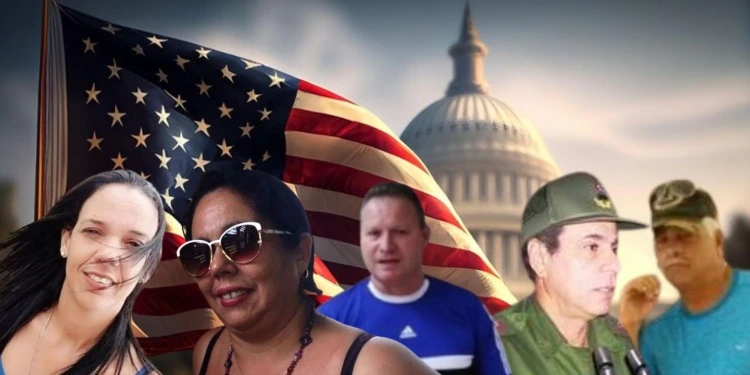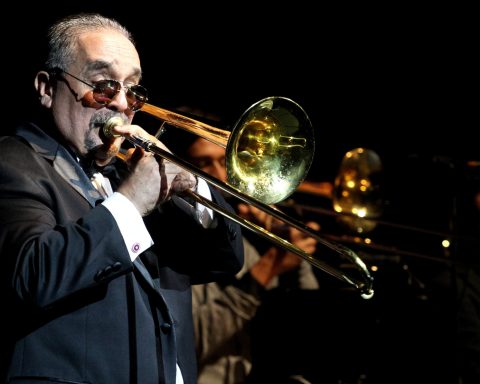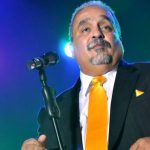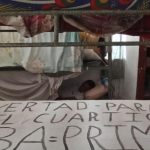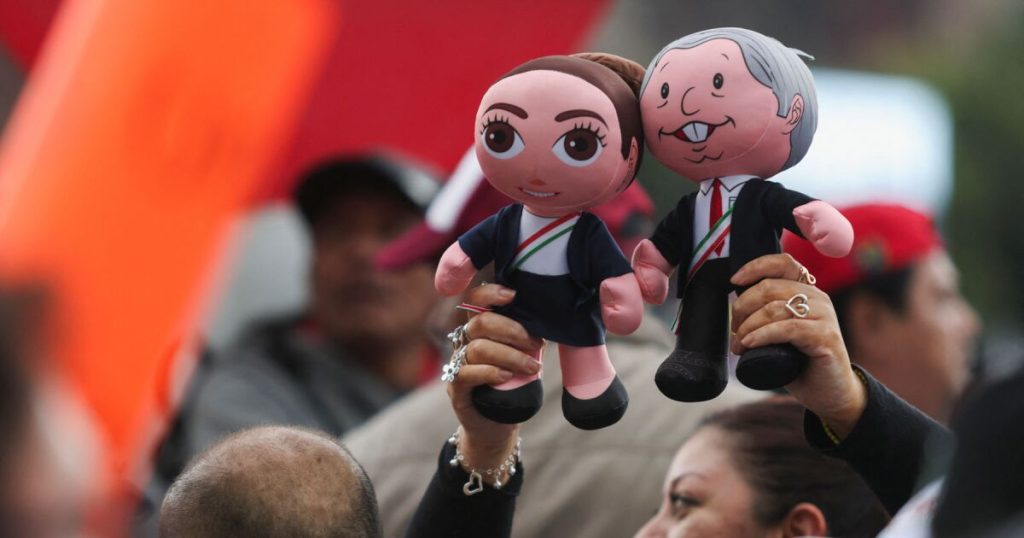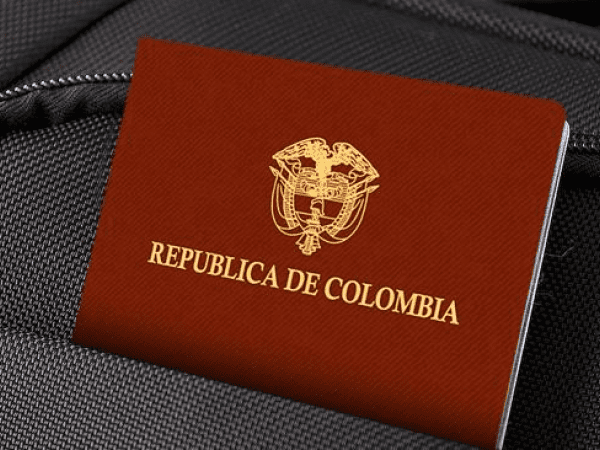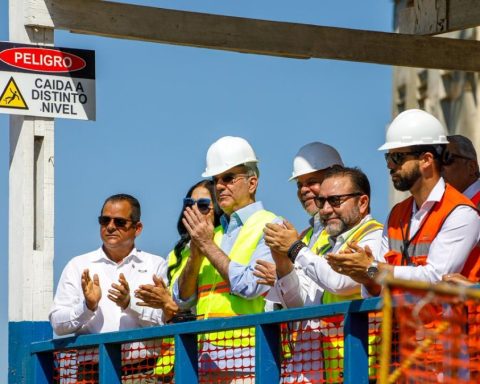PUERTO PADRE, Cuba.- Persecuted by the political police since the late 90s, from the moment I began researching to write the novel Buccaneers -“Méndez Castelló is digging into drugs,” they would say, including Lieutenant Colonel Febles, – my work in independent journalism increased that persecution until today, when old snitches try to do outreach work behind the walls, and henchmen with “creative” pretenses continue the stalking and even arrange for bags with stones to be placed at the door of our home, like a stoning notice, as happened last week.
That harassment He did that after continuous arbitrary arrests, years ago – I do not remember dates now nor do I have any interest in bringing that request that was useless in its progress but useful in its moral context – yes, at some point he made me request political refuge in the United States, I support that It was denied to me due to my status as a former officer of the Ministry of the Interior, left there in 1989 of my own free will and not expelled.
“Ah… they didn’t expel you!” exclaimed the official of the Refugee Department of the then Interests Section of USA in Havana. “No, ma’am, I left, they haven’t kicked me out of any place in this world,” I said, thus concluding, negatively, my request for refuge.
The paradoxes…
Paradoxically, those who have not been denied refuge by US immigration authorities, humanitarian parole or family reunification It is, and just to cite this provincial example, two leaders of the Communist Party of Cuba (PCC) and a political police officer who, precisely, fulfilled the task of persecuting me and even putting me in prison.
And it is known that in the regimes Soviet cut-and-sew totalitarians, such as Castro-communism in Cuba, the system of physical and psychological terror is exercised by the political police, but like attack dogs integrating a pack, subject through the control of the PCC and its departments that govern the ideology.
But today, located in the United States, Misael Enamorado Dagerof which not only me, but also many people are victims of political repression, because he was first secretary of the PCC in Las Tunas and Santiago de Cuba.
As a member of the Central Committee, he was a direct subordinate of Fidel and Raúl Castro. Later, he served as an executor to supervise the repression. Like him, the provincial heads of police, prosecutors and courts were held accountable for compliance with the totalitarian policies of repression designed or approved by the dictatorship, and not just because, but nothing less than by constitutional mandate, as the PCC was the top leader. of society and the State.
PCC officials
Living today in the United States, he is also Roy Molina Camposwho exercised, like Misael Enamorado, that same role of political repressor, although on a smaller scale.
Roy Molina was first secretary of the PCC in the Puerto Padre municipality, in those same days when, due to our political opinions, many people, including myself, resided in the cells of the Police Station of that city. And I must reiterate that the first secretary of the PCC in Puerto Padre Roy Molina, acting as an agent of marginalizing influence, went so far as to say that, because of my political ideas, I was a “disregarded person” in this area, vilifying the one whose The interlocutor responded: “Listen, when you were wearing shorts, that man was already respected in this town.”
And Eduardo Velázquez Infante, until recently a major in State Security, then a political repressor by trade, today lives domiciled in the United States thanks to humanitarian parole. The repressor of people and political causes whom he called “worms” and “counterrevolutionaries” entered the United States through the Miami airport, on a date after March 20, 2023.
As far as I am concerned, against me Eduardo Velázquez Infante, together with other henchmen of the political police, carried out actions of police harassment and personally directed the arbitrary detention that constitutes a crime of deprivation of liberty, which occurred “at the exit of the center of telecommunications of Puerto Padre, Las Tunas, at 9 in the morning on Thursday, March 22, 2012,” as we have already reported.
An extensive list
Following the proverb that says, “tell about your village and you will tell about the world,” roughly I have reviewed the cases of these three repressors with criminal actions in the province of Las Tunas, and I say that theirs are criminal actions or omissions, because they are violation of human rights.
They themselves know that, deep down, even though they publicly deny it. But alarm is caused by the way in which these makers of totalitarianism in Cuba, “revolutionarily”, yes, subversively, conspiratorially, in a tumultuous manner, are now going to establish themselves in the United States, leaving corpses in the sea, imprisoned people, grieving families and, in short , a nation so needy, economically and morally, with the help of themselves, that even they themselves are fleeing from their “socialist creation.”
And although hidden Many remain, see, like this, without order of arrival or concerts, in a string, who they are, according to what journalists, researchers and all social networks have told us:
- Misael Enamorado Dager, former first secretary of the PCC in Las Tunas and Santiago de Cuba.
- Roy Molina Campos, former first secretary of the PCC in the Puerto Padre municipality.
- Eduardo Velázquez Infante, retired State Security major.
- Rosabel Roca Sampedro, former prosecutor.
- Manuel Menéndez Castellano, former first secretary of the PCC in Cienfuegos.
- Arelys Casañola Quintana, former president of the Government of the Isle of Pines.
- Melody González Pedraza, former criminal judge.
- Luis Raúl González-Pardo Rodríguez, retired lieutenant colonel of the FAR, combat pilot.
- Juan Carlos Santana Novoa, vice minister of Labor and Social Security, active, at the time of requesting political refuge.
political asylum
It is worth asking: Is it legal for these people and so many others whose identification we still do not have to request political asylum, family reunification or humanitarian parole from the United States Government, but who, necessarily and in view of the positions they held, within the totalitarian regimewere they political repressors in Cuba…?
The answer to that thorny question is… Of course those people have the right to request the United States authorities, themselves, or their relativesthe immigration file that, depending on the case, is appropriate. It is illegal for the petitioner or his or her family member to hide or distort the past of a repressor of the civil, economic, political or human rights of all of his or her peers in the exercise of this right to petition.
In another time, high officials of the dictatorship, military, diplomatic or intelligence, understanding that they were acting against the rights of Cubans, abandoned the totalitarian Castro-communist regime and went to the United States, where they offered testimonies that have been valuable in confronting Castro’s belligerence. inside and outside of Cuba. But this is not the case of the Castro repressors who, “revolutionarily,” are establishing themselves in the United States.
And of course: It is embarrassing that United States authorities, when they have already denied protection to politically persecuted people, then, on American soil, welcome the repressors of those same persecuted people.
